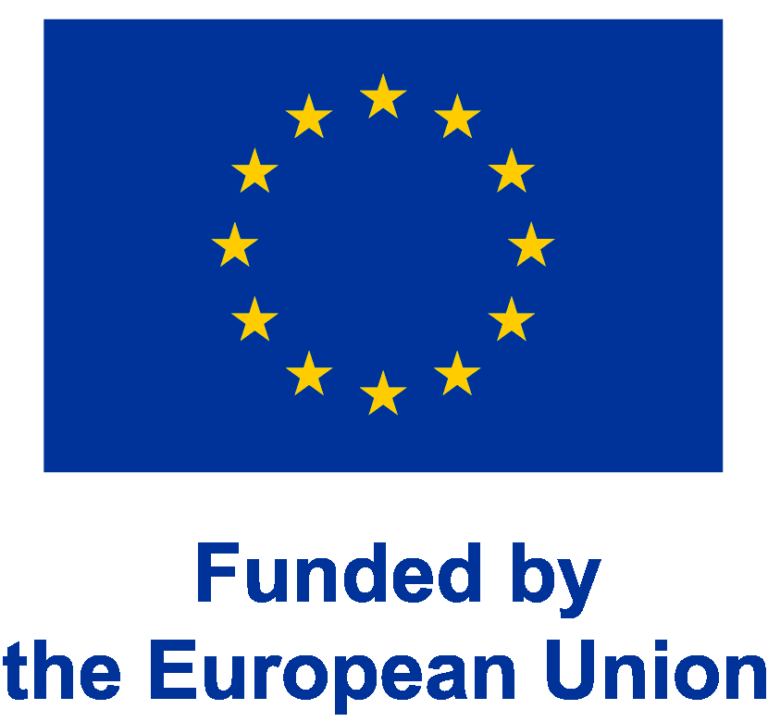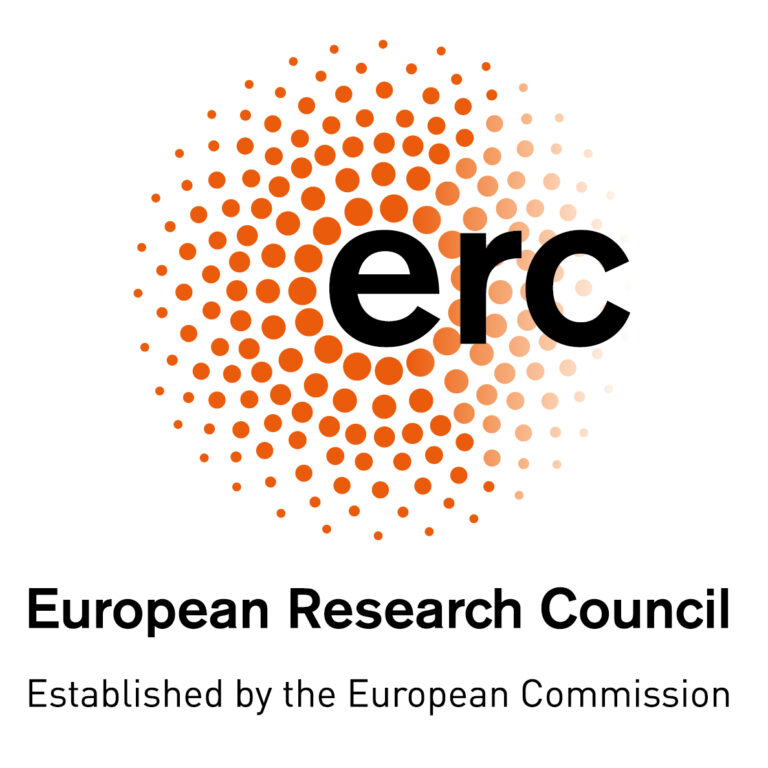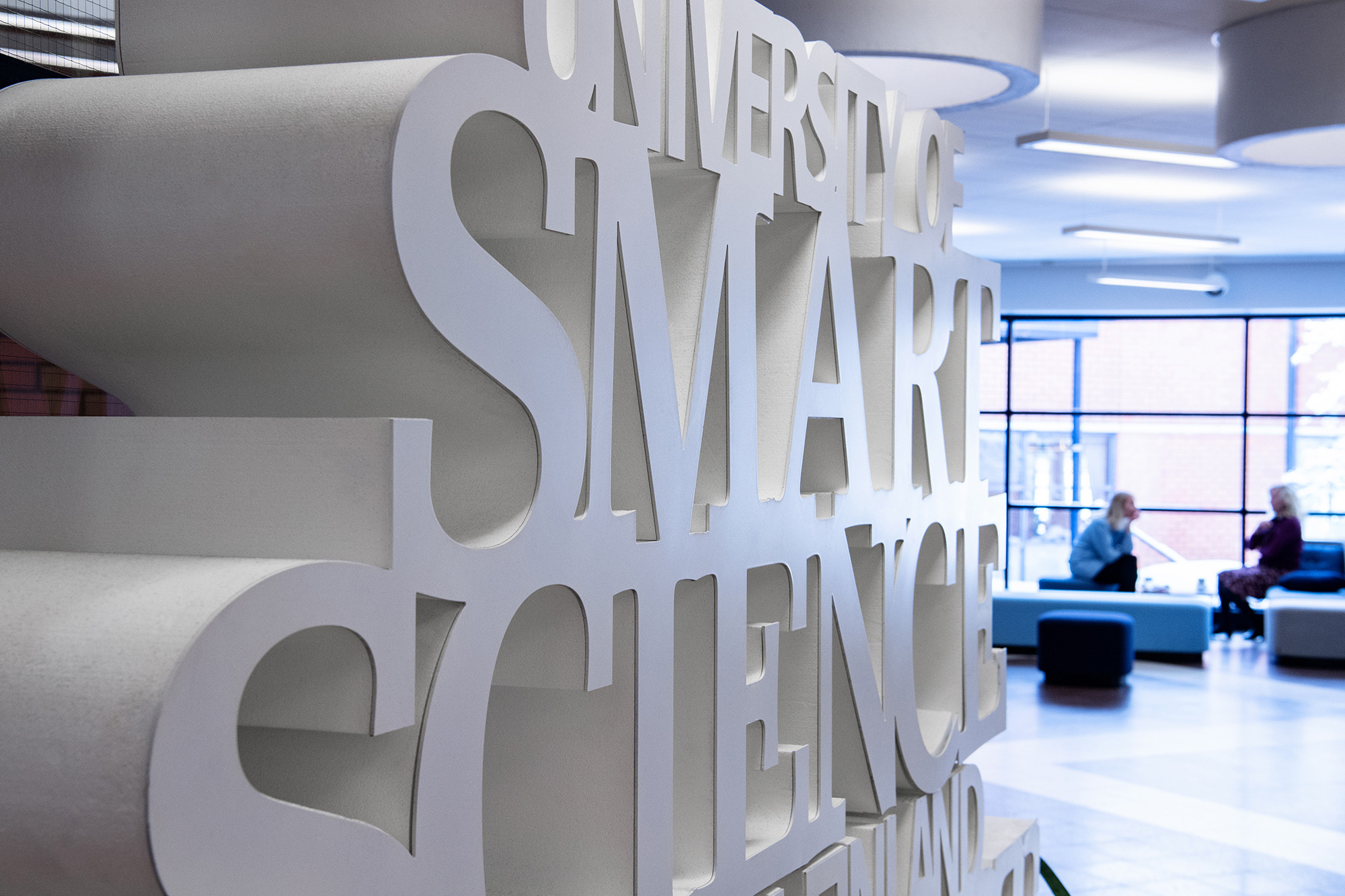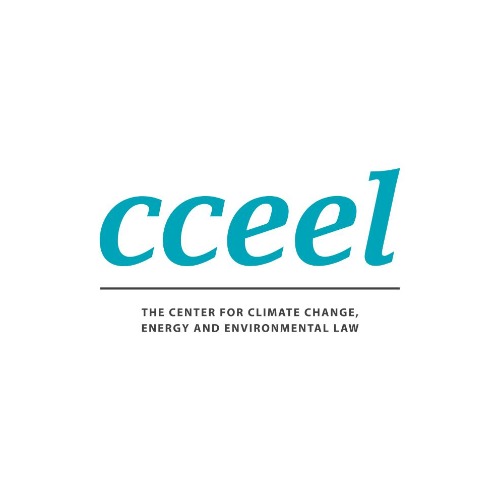
INTEL - The coming of age of a new legal discipline: Developing the general doctrine of energy law
Funders
Main funder


This work is supported by ERC grant INTEL (101160605) and funded by the European Union.
Views and opinions expressed are however those of the author(s) only and do not necessarily
reflect those of the European Union or ERCEA. Neither the European Union nor ERCEA can
be held responsible for them.
INTEL makes a ground-breaking contribution to energy law scholarship by developing the general doctrine of energy law.
News
-
 Kaisa Huhta receives an ERC Starting Grant of 1.5 million euros for research in energy law
Kaisa Huhta receives an ERC Starting Grant of 1.5 million euros for research in energy lawKaisa Huhta receives an ERC Starting Grant of 1.5 million euros for research in energy law
-
 The INTEL project is recruiting
The INTEL project is recruitingThe INTEL project is recruiting
Two Project Researcher positions in Energy Law -
 The INTEL project is recruiting
The INTEL project is recruitingThe INTEL project is recruiting
Two Postdoctoral Researcher/Project Researcher positions in Energy Law -
 The INTEL project is recruiting
The INTEL project is recruitingThe INTEL project is recruiting
Researcher in Natural Language Processing
Cooperation
Project description
INTEL makes a ground-breaking contribution to energy law scholarship by developing the general doctrine of energy law in a European context. A general doctrine refers to a discipline’s key concepts, principles and theories.
While all well-established legal disciplines have an understanding of their doctrine, energy law does not. A general doctrine consolidates the foundations of a discipline and guides legislators, courts and lawyers in identifying, valuing and interpreting legal norms. In light of the energy transition and the energy crisis in Europe, it is imperative to solidify and cohere the foundations of energy law.
Approach and outcome
The INTEL project will develop the general doctrine of energy law through a novel methodological combination. The project will combine jurisprudence, interviews, co-creation and machine learning to generate new knowledge on the interpretation of sources of energy law, and on how legislators, judges and lawyers perceive energy law.
The project constructs and analyses the concepts, principles and theories that emerge from the evolution of EU energy law, from EU legal sources and from the way in which legal professionals perceive doctrine. The project will advance the field of energy law by bringing coherence and predictability to the legal system governing energy and strengthen methodological diversity in legal research by creating a novel technique for constructing a general doctrine.
Keywords
Professors
-

Mohamed Abdelgalil
Associate ProfessorSchool of Computing, Faculty of Science, Forestry and Technology -

Kaisa Huhta
Associate ProfessorLaw School, Faculty of Social Sciences and Business Studies
Senior Researchers
Post-doctoral Researchers
-

Kim Fyhr
Project ResearcherLaw School, Faculty of Social Sciences and Business Studies -

Lea Di Salvatore
Postdoctoral ResearcherLaw School, Faculty of Social Sciences and Business Studies -

Matti Gurreck
Postdoctoral ResearcherLaw School, Faculty of Social Sciences and Business Studies


